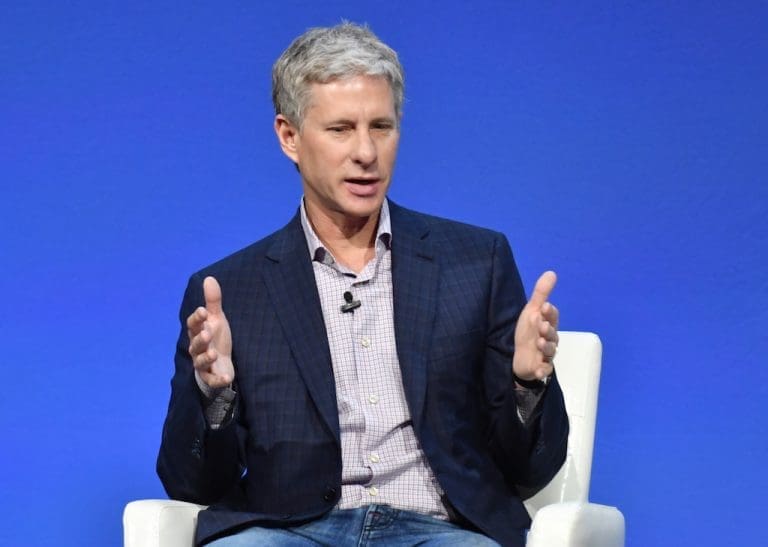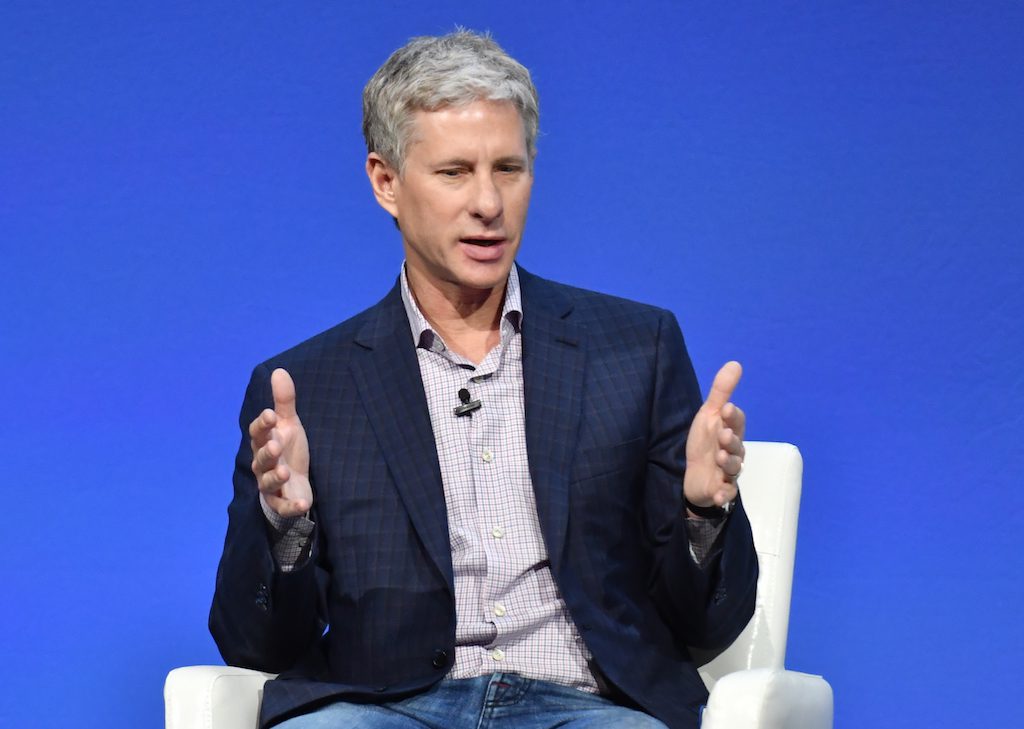Back in 2010 in my first month at Lend Academy one of the first people I reached out to was Chris Larsen, then CEO of Prosper. I was writing a story on some changes at Prosper back then and Chris was gracious enough to respond to this new and unknown blogger. Over the next couple of years I met Chris in person several times and got to know him reasonably well as I continued to cover Prosper and marketplace lending more broadly.
I was very disappointed when in 2012 Chris announced he was stepping down as CEO of Prosper. He was the founding CEO and at the time I wondered what could be more important than helping to drive Prosper forward. But Chris had an itch to start a new company, one that was based on this emerging blockchain technology.
Of course, this move proved to be prescient and his new company, which eventually became known at Ripple, has the potential to completely rewrite the rules of global commerce. In 2013 they introduced the XRP token as the vehicle to help them achieve this goal. XRP (as of this writing) is the third most valuable token with market cap of $32 billion. This is down considerably from its high in January when its market cap reached around $150 billion and briefly made Chris Larsen one of the wealthiest people in the world.
Chris had never spoken at LendIt before given that his time at Prosper was over before we launched our event. But he agreed to speak on our keynote stage last month and it was standing room only for this fintech pioneer. You can watch the video below or go to this link. It has become the most downloaded session out of all the keynote videos.
He started out his interview at LendIt with Jo Ann Barefoot by saying that when it comes to transferring money we are living in a pre-internet world. The SWIFT payment system is like sending a letter. It takes several days and you never know whether or not your money has arrived. We need a global standard so you can send 50 cents to someone in another country. This is particularly important for the developing world.
We need interoperability. So that mPesa (in Kenya) can connect with Bank of America for example. If we can agree to a global standard for moving money there will be a Cambrian explosion in economic development.
When you think about how far technology has come and the fact that information has flowed freely across borders now for 25 years it is just crazy that the way we move money internationally has barely changed since the 1980s. And while companies like Transferwise have made it more efficient and simple to send money internationally, it is still more expensive and much slower than the system that Chris Larsen envisions. He sees this new system as the second internet: the internet of value.
I spoke with Chris backstage at LendIt and he told me that Ripple will be his last startup. But he will continue to champion the new internet of value until his vision becomes reality.



